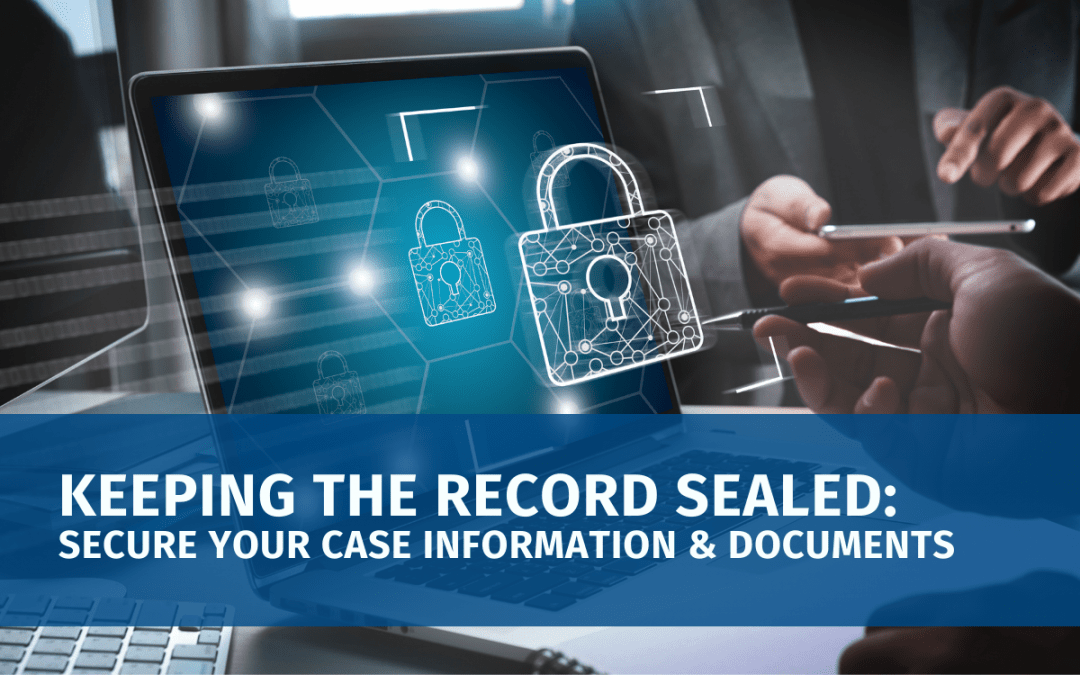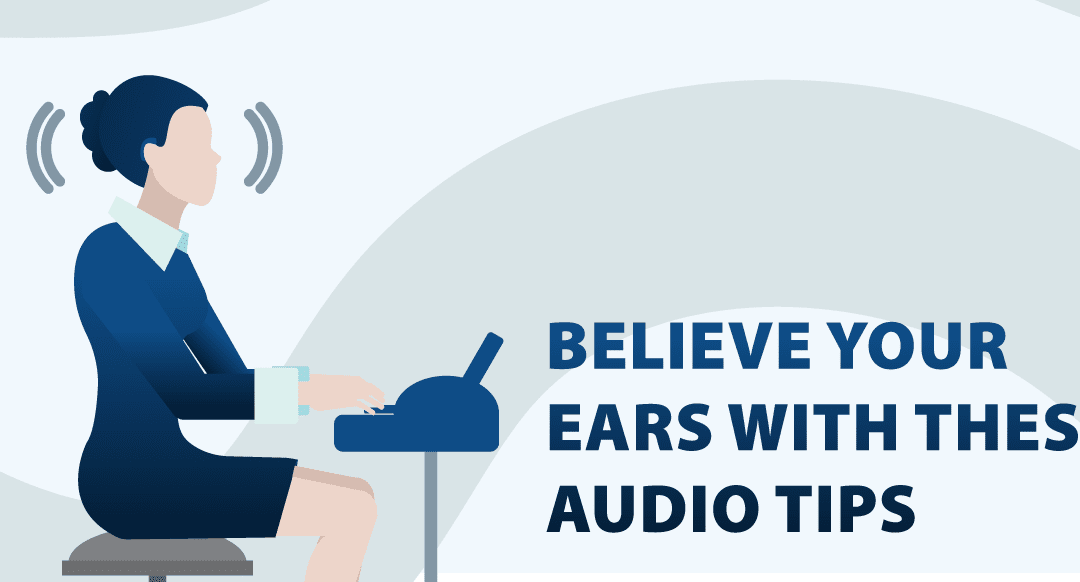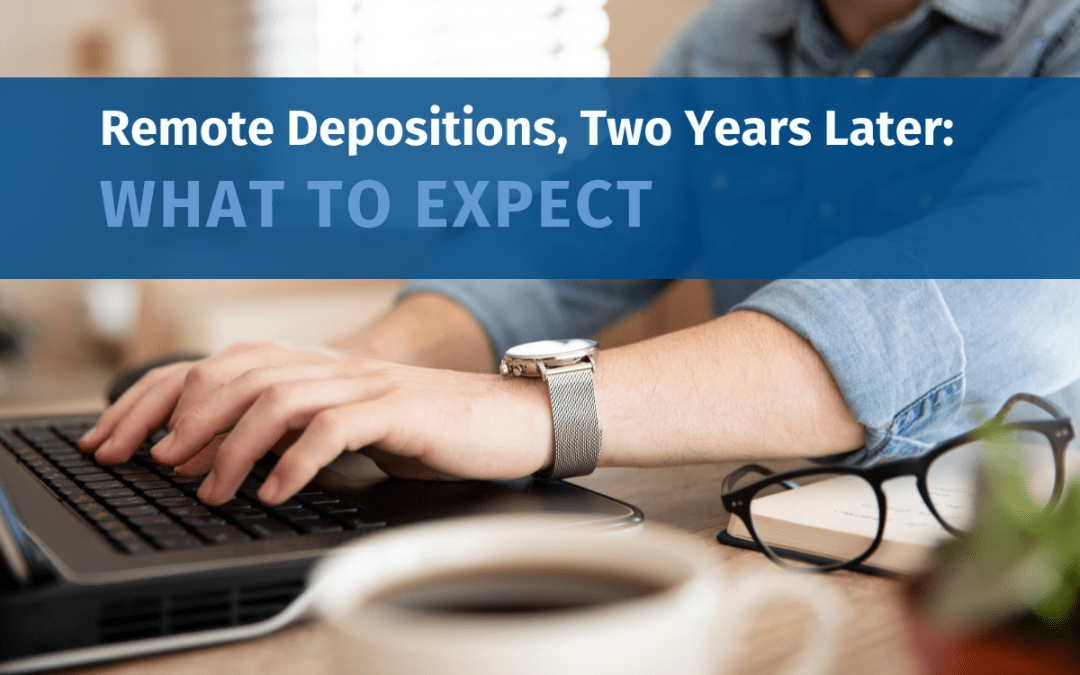The final transcript is critically important to attorneys. It is the very reason you hire a court reporter for your deposition. The final certified transcript may be used in court to call a witness’ veracity into question, for example. Delivery of the final transcript must be prompt, and it must be accurate. Every court reporter works efficiently toward this goal. Each participant in the deposition can aid in reaching the goal of a timely, accurate transcript. Here is the timeline of what those actions are.
What to do before the deposition:
The legal team should send all prep materials it has available to the court reporter. The more case-specific terminology and proper names the court reporter has prior to the proceeding, the better. This eliminates back-and-forth between the reporter/reporting agency and your team trying to get spellings following the proceeding. Overall, it makes for a quicker, more streamlined process for the reporter, resulting in on-time delivery of your correct final transcript. Prep materials can include such documents as listed below:
- Notices
- Previous transcripts
- Exhibits
Working with the same court reporting agency throughout the entirety of your case does simplify the prep materials task. Your agency will have all the previous transcripts and exhibits in the case and should have all the notices as well. You would then only send any additional materials you determine would be beneficial to the court reporter.
The legal team can help the reporter ensure accuracy by sending spellings of any subject matter-relevant terms and proper names. This comes back to streamlining the process and ensuring accuracy of the final, from the title page, through the appearance page, all the way to the reporter’s certificate.
Every participant should test with a technician prior to every remote deposition. While this does not apply to in-person depositions, this is vital to the efficacy of the remote deposition. Each participant needs to test their internet connection and speed, as well as audio and video. This is also the time for people not as comfortable with remote technology to familiarize themselves with the platform, so they are prepared on the day of the deposition. This eliminates delays and interruptions.
Each participant should also log in early for a remote deposition to do a quick check of audio and video. For in-person depositions, parties should arrive a few minutes early to get situated.
What to do during the deposition:
Give the witness clear instructions. Most people don’t give depositions regularly and will at times slip into conversational speech, so remind them to avoid the tendency. Let them know the court reporter is capturing a verbatim record and outline how to help the reporter do so in an effective manner.
- Wait for the attorney to finish the question before answering
- Listen to the question
- Pause before answering the question to give your attorney a chance to object
- Give verbal answers to questions – reporters cannot take down nods or shakes of the head
- Ask for breaks if you need them so you don’t become flustered and have difficulty focusing on and answering questions
Check in with the court reporter on breaks. Keep in mind the reporter is already working on the transcript on these breaks, so lengthy pleasantries are not necessary. But do ask them if the pace is ok, if they need any additional spellings and other quick housekeeping notes. If you know you or the witness speak very quickly, or quietly, or the matter at hand has a lot of specific, technical terminology, make it a habit to check in with the reporter. They will definitely appreciate the gesture.
Depositions run smoothly when all parties are prepared. Taking the little bit of extra time to prepare has a big pay-off, as there will be fewer interruptions and/or delays during the deposition and an accurate final transcript delivered on time.
Planet Depos reporters have centuries of experience combined. Whatever the subject matter, they have covered it extensively. To schedule expert coverage of your next proceeding, contact Planet Depos at 888.433.3767 or schedule online.










